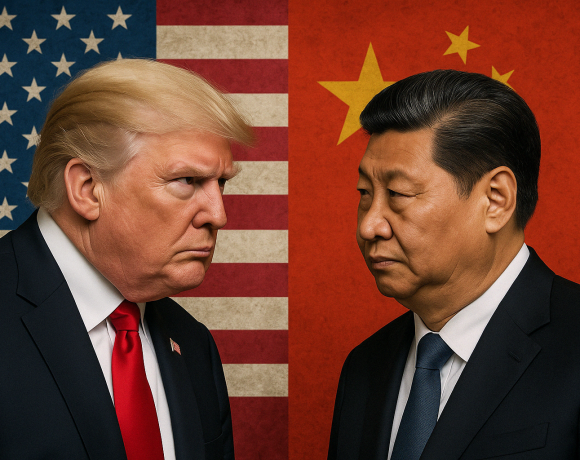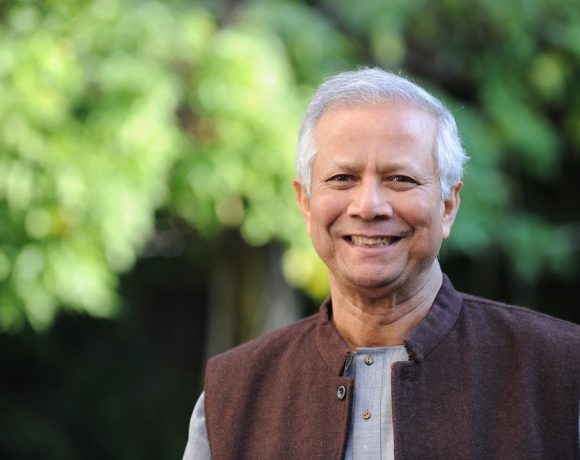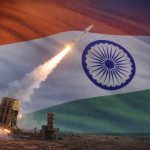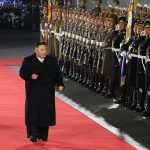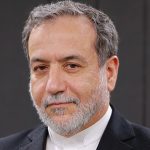
North Korea Declares Nuclear Status “Irreversible”
North Korea has formally declared that its status as a nuclear weapons state is irreversible. In a statement delivered by its permanent mission to the United Nations, Pyongyang said that its nuclear identity is not a temporary policy but now enshrined in the country’s supreme law. Officials emphasized that the decision reflects a permanent strategic choice and not a matter open to negotiation.
Reaction to Denuclearisation Calls
The announcement comes in direct response to repeated calls by the United States and other nations for Pyongyang to pursue denuclearisation. North Korea dismissed such appeals as “anachronistic,” describing them as interference in its internal affairs. It argued that its nuclear weapons are necessary for self-defence against what it views as ongoing American nuclear threats and military pressure in the region. The government also stressed that it would not accept any deal that undermines its sovereignty or its ability to deter potential adversaries.
Legal Claim and Strategic Context
North Korea said its nuclear status has been given a legal foundation, embedded in both its supreme and basic law. This move aims to remove ambiguity about the future of its nuclear program and signals that Pyongyang intends to resist international pressure campaigns. Analysts believe the statement is designed to strengthen domestic legitimacy for the regime, while also warning the global community that future negotiations will not include discussions on disarmament.
Global Implications
The declaration is expected to further strain already fragile relations on the Korean Peninsula. South Korea and Japan, both key U.S. allies, have been pressing for stronger deterrence measures against North Korea’s growing arsenal. Washington has said it will continue to push for sanctions and diplomatic pressure, though prospects for dialogue appear more distant after Pyongyang’s latest position.


